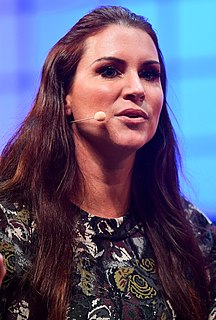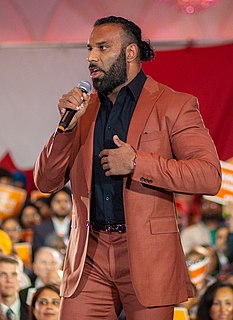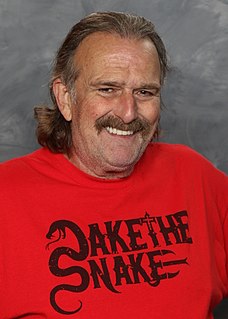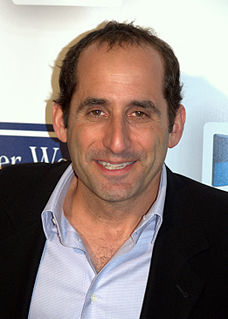A Quote by Stephanie McMahon
A lot of people know about the power of the WWE brand. We're in 145 countries in 30 different languages. We reach about 650 million households worldwide on a global weekly basis. But what they don't know about WWE is that we use all of that power to give back to the community through events like Hurricane Sandy Relief.
Related Quotes
Writing in African languages became a topic of discussion in conferences, in schools, in classrooms; the issue is always being raised - so it's no longer "in the closet," as it were. It's part of the discussion going on about the future of African literature. The same questions are there in Native American languages, they're there in native Canadian languages, they're there is some marginalized European languages, like say, Irish. So what I thought was just an African problem or issue is actually a global phenomenon about relationships of power between languages and cultures.
If you do an episode about something like transverse myelitis, it's a real disease that's out there, there are a lot of people that have it, and it's hard to get funding for them because people don't know about it. There are actually a lot of doctors that don't know about it. But if you do an episode of House, all of a sudden 15 million people are hearing the words, and it's an opportunity.
It turns out that a lot of women just have a problem with women in power. You know, this whole sisterhood, this whole let's go march for women's rights and, you know, just constantly talking about what women look like or what they wear, or making fun of their choices or presuming that they're not as powerful as the men around. This presumptive negativity about women in power I think is very unfortunate, because let's just try to access that and have a conversation about it, rather than a confrontation about it.
These events are swirling around them. In the white community, people felt like they had no control over their neighborhoods, their destiny. In the black community, centuries of government and economic forces were pushing on them. I went in with a kind of arrogance, maybe, that came from living in a very intellectual family, and I left knowing that there was a lot about the way people lived that I didn't know about.
Purchasing power parities are not a reasonable method for comparing households across countries or currencies. The reason for this is simply that PPPs are sensitive to the prices of all the commodities, goods and services, that households are consuming worldwide, with each commodity weighted in the calculations according to its share in international household consumption expenditure.

































